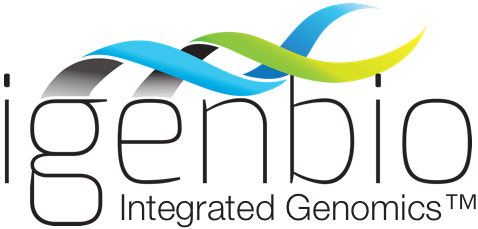IFNγ Mediated Monocyte Metabolic Reprogramming
/KATELYN JOSEPHINE MCCANN
IFNγ is an essential and pleiotropic activator of monocytes, but little is known about the effects IFNγ on cellular metabolism. Therefore, we sought to characterize and elucidate the mechanisms by which IFNγ reprograms monocyte metabolism to support its immunologic activities. First, we identified a critical role for IFNγ in the induction of immunoresponsive gene 1 (IRG1) and its product, itaconate. The immunometabolite, itaconate, has been reported to have antibacterial, anti-inflammatory and antioxidant activity. Irg1-/- mice, lacking itaconate, are highly susceptible and phenotypically similar to IFNγ knock out (GKO) mice upon infection with Mycobacterium tuberculosis. Therefore, we assessed the role of IRG1/itaconate in the context of non-tuberculous mycobacterial (NTM) infection, the most common type of infection in patients with immunodeficiencies caused by defects in IFNγ signaling. Our data suggest that impaired induction of itaconate in the context of mycobacterial infection may contribute to mycobacterial susceptibility and immune dysregulation in patients with defects in IFNγ signaling. Next, we evaluated the metabolic phenotype of IFNγ-stimulated human monocytes and found that IFNγ increased oxygen consumption rates (OCR), indicative of reactive oxygen species generation by both mitochondria and NADPH oxidase. Transcriptional profiling of human macrophages revealed that this oxidative phenotype was dependent on IFNγ-induced, nicotinamide phosphoribosyltransferase (NAMPT)-mediated NAD+ salvage to generate NADH and NADPH for oxidation by mitochondrial complex I and NADPH oxidase, respectively. These data identify an IFNγ-induced, NAMPT-dependent, NAD+ salvage pathway that is critical for complete induction of the respiratory burst in IFNγ stimulated human monocytes.

